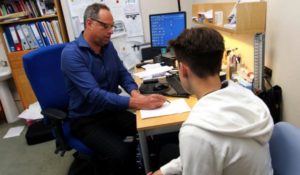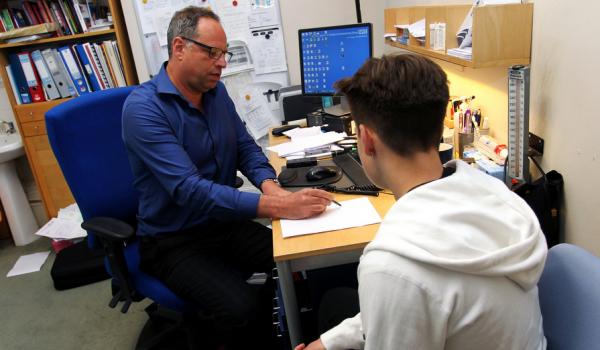Anti-social hours are putting new doctors off long-term commitments to working as full-time general practitioners (GPs).
And despite government pledges to recruit more family doctors and to staff surgeries so that they can be open longer for patients, the GP workforce is shrinking.
In Brighton and Hove the problem is exacerbated by a significant number of family doctors being close to retirement.
Brighton and Hove Clinical Commissioning Group (CCG) discussed the trend for new GPs in the NHS to choose to work as freelancers or locums rather than seeking a traditional partnership.
CCG clinical chair David Supple said that he had led a workshop for locums to encourage them to have a long-term commitment to the NHS, using “bribery”.
He said that, to attract locums, they were offered a free calibration of blood pressure machines because ordinarily “you cannot get them in a room”.
Dr Supple said: “We need a different approach. If people want to work school hours, that is normal. We need to look at why they are not applying for jobs.”
Eleven family doctors’ surgeries, including branch surgeries, have closed in Brighton and Hove since the start of 2015.
But the shortage of GPs was as much a national problem, he said, although Brighton and Hove had a significant number of doctors approaching retirement age.
At a joint meeting of CCGs at the Brighthelm Centre yesterday (Wednesday 24 October) Elizabeth Gill, chair of High Weald, Lewes and the Havens CCG, said that many newly qualified doctors were attracted to the flexibility of locum work.
Dr Gill said: “They don’t want to work summer holidays, Christmas, Friday, Monday – and charge an enormous rate which a practice has to comply with.
She said that doctors were unwilling to take on a substantial job, adding: “We need a golden hello and golden handcuffs.”

Jim Graham, of the Stanford Medical Practice, who represents GPs on the CCG, suggested employing more admin staff to free up doctors and other clinical staff.
Dr Graham said: “It is easier to recruit administrative staff rather than clinical.
“Clinical staff doing admin are not working to the top of their licence.
“Organising which GP is on call could be done better by an administrator.
“When front of house is not done there is a waste of capacity elsewhere in the system.”
Dr Graham said that the best admin staff were “navigators”, organising GPs and patients.
Sarah Valentine, strategic director of contracting and performance for the Central Sussex and East Surrey Commissioning Alliance, said that the number of people in the workforce had fallen by 1.3 per cent in the past year.









